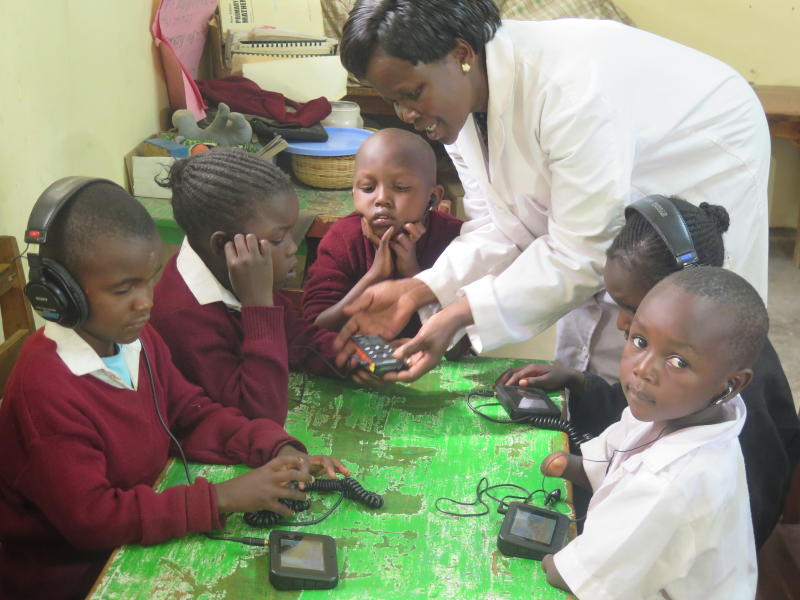×
The Standard e-Paper
Join Thousands Daily

We thank the Kenya Institute of Curriculum Development (KICD) and other players for providing online platforms that to a large extend ensured teaching and learning went on even after the outbreak of coronavirus. However, it is sad to note that disabled learners were largely left out of these programmes.
Some of the disabilities are hearing impairment, mental illness, physical disabilities, visual impairment, deafness, blindness, and autism.







